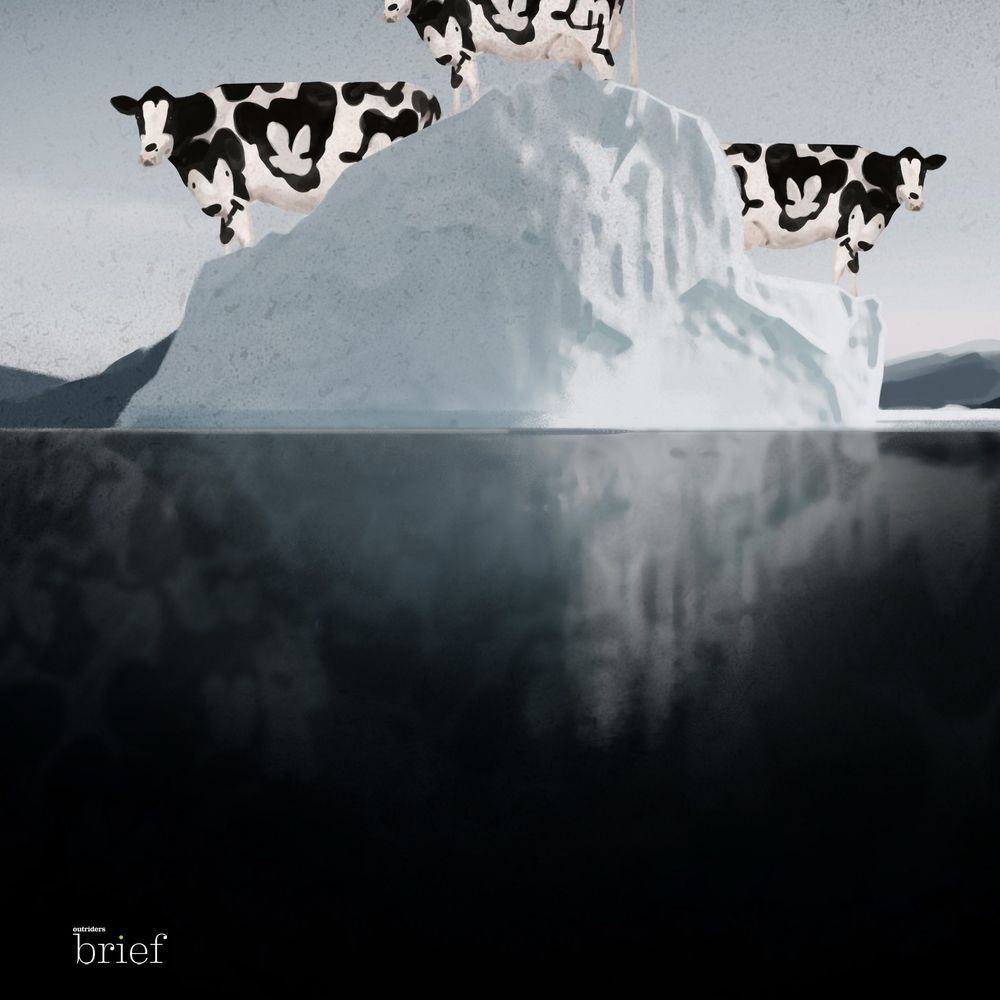New species of animals and how the poo-analysis helped us find them
According to the recent genetic studies made by Australian scientists, the greater glider, one of the world’s biggest gliding mammals, is actually three separate species. The greater glider is a nocturnal animal unique to Australia. It is comparable to a cat in size, it is fluffy, and feeds on eucalyptus leaves only. “They launch themselves from trees and spread out a membrane attached to their elbows to glide as far as 100 meters – using their long tails like a rudder,” as written in The Guardian. The greater glider is considered “vulnerable” as it is affected by bushfires, land-clearing, and rising temperatures.
Gentoo penguins are four, not one species, as claimed by the scientists from the Milner Centre for Evolution. New evidence shows that the birds differ not only in shape and size but in their DNA as well. Gentoo penguins, known for the red-orange beak, were isolated from each other for hundreds of thousands of years and didn’t interbreed.
An analysis of the DNA from feces helped scientists identify three separate species of banded langur, a primate endemic to Singapore and Peninsular Malaysia. This method allows researchers to quickly gather data on animals, extract their DNA, and get insights on their diet, gut flora, and parasite load while not disturbing or stress the creature in the process. It also remains one of only a few feasible methods of obtaining information on rare species.


























